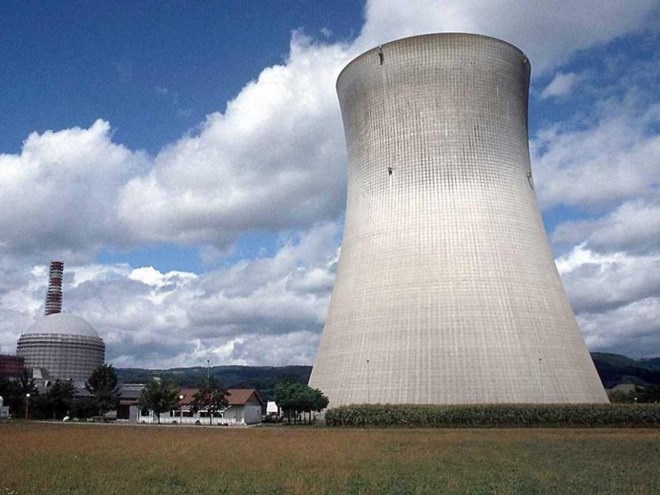
Saturday October 29, 2016

A nuclear power plant. Uganda has asked Russia for help in the development of nuclear power/FILE
Uganda has asked Russia for help in the development of nuclear power.
The landlocked country is gearing to boost its generation capacity to 40000 megawatts to support planned industries under its Vision 2040 development program.
The co-operation with between the two countries was reveled on Friday following a meeting between Uganda and the Russian owned Rosatom State Atomic Energy Corporation.
During the meeting, a memorandum of understanding was signed between Rosatom the Ministry of Energy and Mineral Development of Uganda to start cooperation in the peaceful use of nuclear power.
Rosatom is also actively engaging with Kenya, Ghana, Nigeria, Egypt, Tunisia, Morocco, Algeria on nuclear plans.
The company signed a memorandum of understanding with Kenya’s Nuclear Development Board last month.
“The co-operation will see Uganda gain expertise and technology from Russia,” said Viktor Polikarpov, Rosatom’s regional vice-president of Sub-Saharan Africa.
According to the Uganda’s National Development Plan, the country intends to use its uranium reserves to generate electricity using nuclear power stations.
Specialists have noted that by 2035 Uganda will need the generating capacity totaling up to 40,000MW which can only be achieved through nuclear power.
Polikarpov said promoting the co-operation between Russia and Uganda in nuclear power became one of the central issues at the meeting held in Kampala.
Those present included Unganda President Yoweri Museveni, officials from the Ministry of Energy and Mineral Development and members of the Russian delegation from Rosatom.
During the meeting, Museveni supported the development of nuclear power in the near future and emphasized the importance of professional training of local staff.
“Possible areas of cooperation determined include nuclear infrastructure development, staff training, public acceptance, nuclear medicine, agriculture,” Polikarpov said.